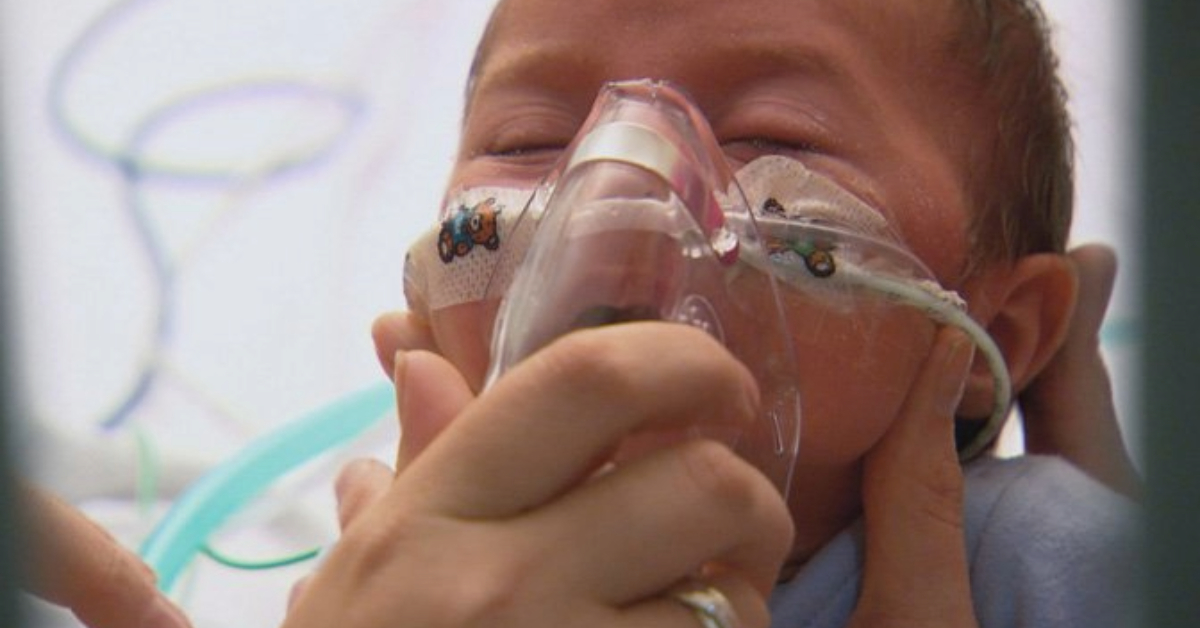Mexico faces a whooping cough outbreak with 1,110 confirmed cases and 56 infant deaths in 2025, prompting urgent vaccination efforts.
Mexico is experiencing a sharp and deadly surge in whooping cough infections, with over 1,100 confirmed cases reported so far in 2025 and 56 deaths—all in infants under one year old. Health officials are warning parents to vaccinate their children and urging pregnant women to receive their recommended dose in an effort to contain the spread.
According to the latest figures from federal health authorities, 1,110 confirmed . . .






